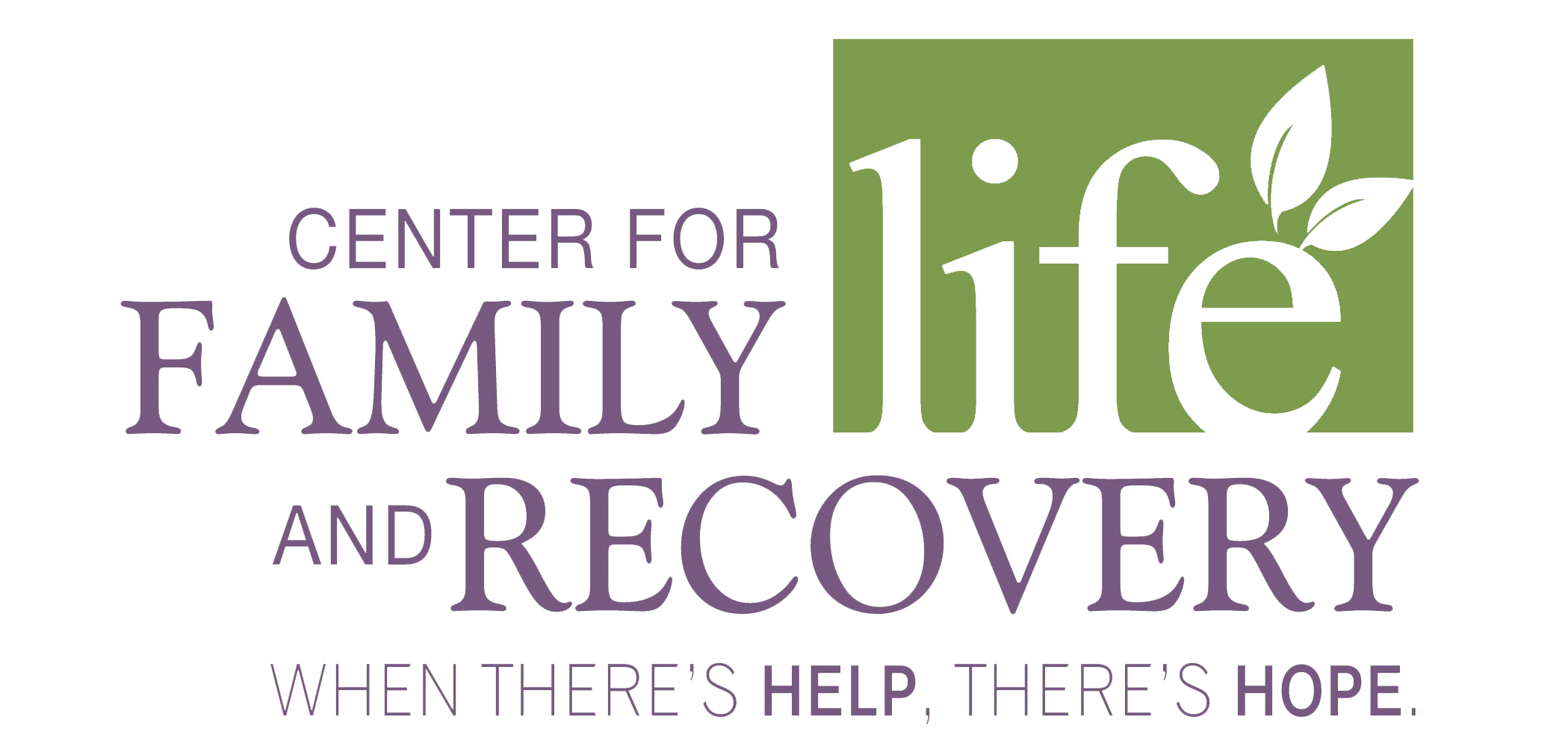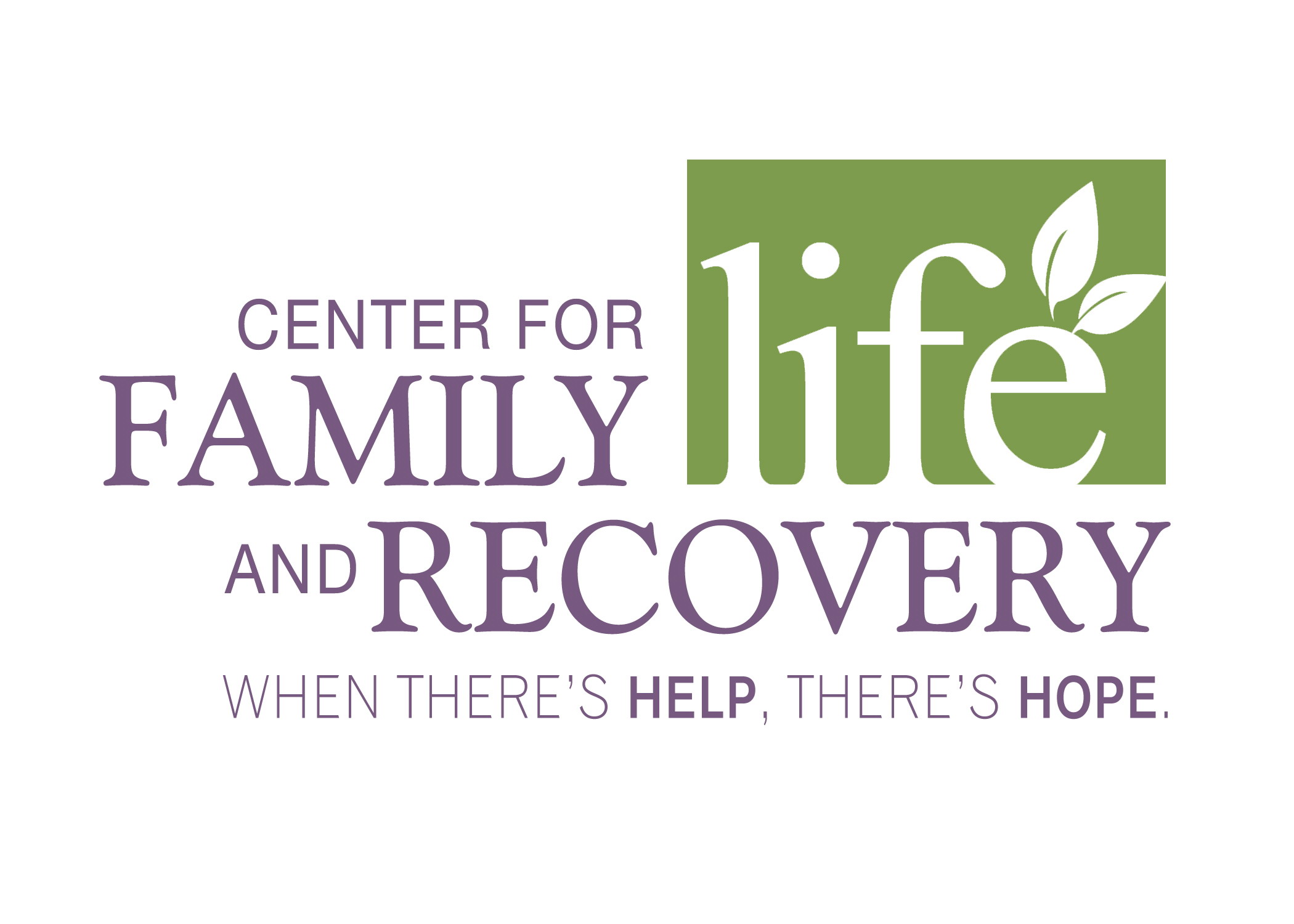Oneida County Suicide Prevention Program (OCSPP)
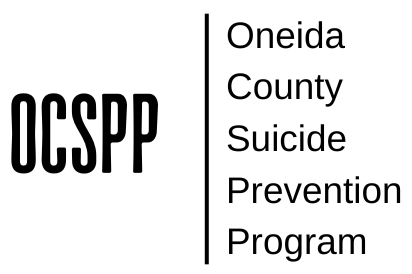
The Oneida County Suicide Prevention Program consists of several agencies in the area. Our mission is to prevent suicide in our community by strengthening the coordination and accessibility of services; providing awareness of suicide prevention, facilitating intervention and post-prevention services/programs, enhancing support to those affected by suicide, and providing awareness of Mental Health. We work to accomplish these goals in our schools, with our families, and in the community.
Contact the 988 Suicide and Crisis Lifeline if you are experiencing mental health-related distress or are worried about a loved one who may need crisis support.
- Call or text 988
- Chat at 988lifeline.org
Connect with a trained crisis counselor. 988 is confidential, free, and available 24/7/365.
Visit the 988 Suicide and Crisis Lifeline for more information at 988lifeline.org.
https://www.youtube.com/watch?v=3ntAl_wl2U4&t=1s
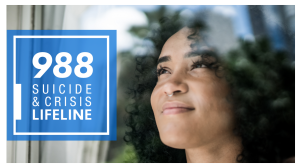
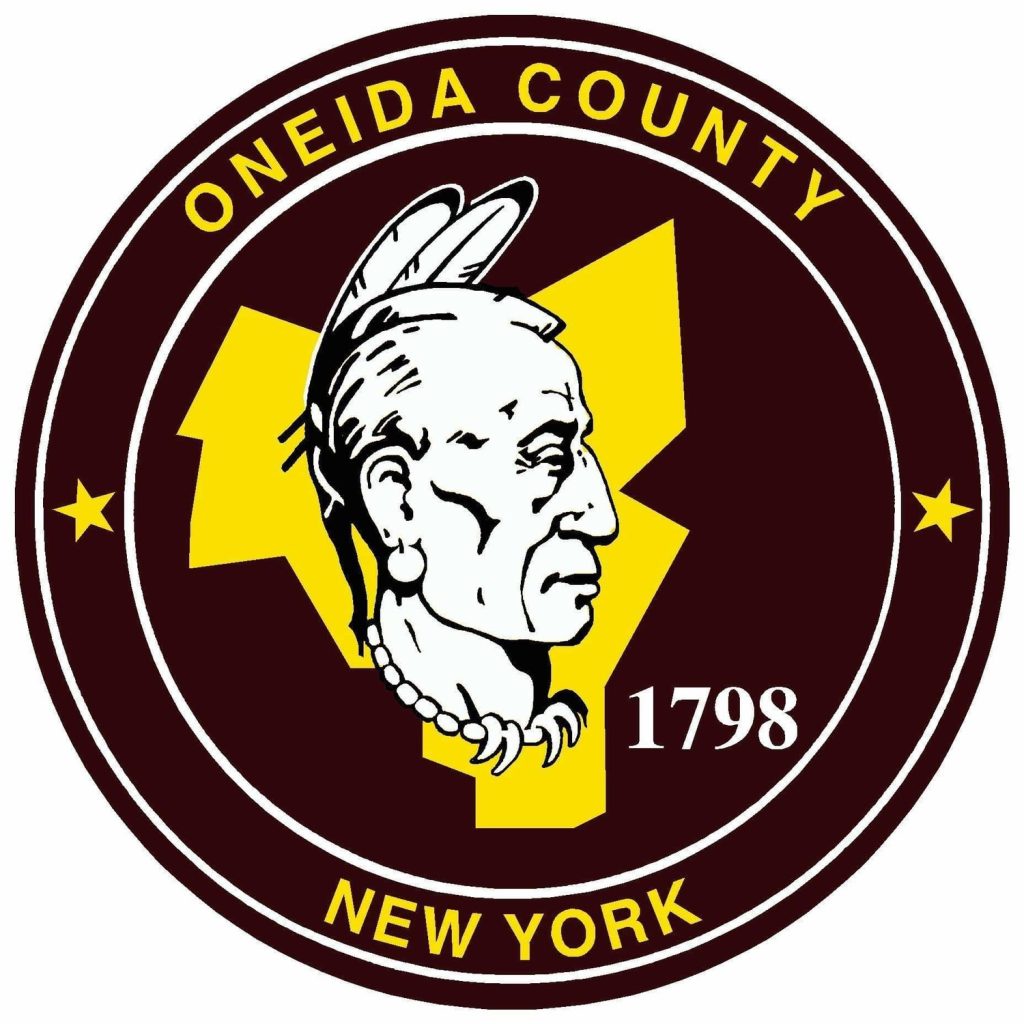
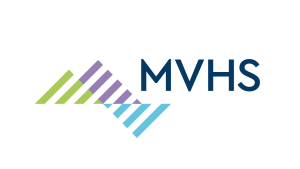
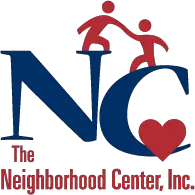
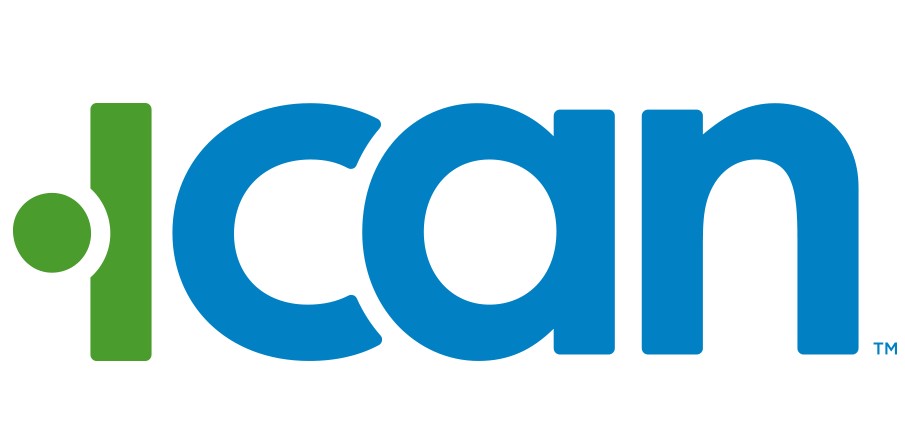
- Oneida County Health Department
- Oneida County Department of Mental Health
- Center for Family Life and Recovery
- Neighborhood Center-Mobile Crisis Assessment Team (MCAT)
- Watertown VA Community Based Outpatient Clinic (waiting on logo)
- Mohawk Valley Health System
- ICAN
Services:
- Trainings and Workshops (Community, Parents/Families, Professionals, Educators, First Responders, Youth)
- 1:1 Support
- Awareness Events
- Linkage to community services: (Mental Health, local community agencies, substance use, etc)
Trainings and Workshops
Community and Families
Youth Mental Health First Aid
CFLR is a MHFA certified implementation site. Youth Mental Health First Aid is designed to teach parents, family members, caregivers, teachers, school staff, peers, neighbors, health and human services workers, and other caring citizens how to help an adolescent (age 12-18) who is experiencing a mental health or addictions challenge or is in crisis. The course teaches participants the risk factors and warning signs of a variety of mental health challenges common among adolescents, including anxiety, depression, psychosis, eating disorders, AD/HD, disruptive behavior disorders, and substance use disorder. Participants do not learn to diagnose, nor how to provide any therapy or counseling – rather, participants learn to support a youth developing signs and symptoms of a mental illness or in an emotional crisis by applying a core five-step action plan.
Adult Mental Health First Aid
CFLR is a MHFA certified implementation site. Mental Health First Aid for Adults teaches people how to recognize signs of mental health or substance use challenges in adults ages 18 and older, how to offer and provide initial help, and how to guide a person toward appropriate care if necessary. Topics covered include anxiety, depression, psychosis, and addictions.
Talk Saves Lives (AFSP)
An Introduction to Suicide Prevention is a standardized, 45-60 minute presentation that provides participants with a clear understanding of this leading cause of death, including the most up-to-date research on suicide prevention, and what they can do in their communities to save lives.
In addition to the standard presentation, four specialized Talk Saves Lives modules are available that provide similar information, while focusing on specific at-risk communities:
- Firearms
- LGBT
- Seniors
- Spanish Seniors.
Suicide Prevention Education
Teaches individuals to recognize signs of depression and other mental health problems, initiate caring conversations with those around them, how to be or recognize a trusted individual, and get help.
In addition to the standard presentation, specialized modules are available that provide similar information, white focusing on specific at-risk communities:
- Veterans
- Parents
- Low Income and Housing Insecure community
It’s Real: College Students and Mental Health (AFSP)
The transition to college often presents emotional challenges. It's Real follows six students who have wrestled with mental health concerns, sought treatment, and found their own sense of balance. Includes a facilitators guide for use in programming.
Youth
Suicide Prevention for Youth
Teaches students how to recognize risk factors, mental health conditions and suicide in oneself and others. Also teaches safe and healthy coping strategies, resilience building, how to identify trusted adults, and provides pathways to care. Can be modified to fit different age groups.
More than Sad: Teen Depression (AFSP)
Teaches students grades 9-12 to recognize the signs of depression in themselves and others.
It's Real: Teens and Mental Health
Intended for high school classes or community settings with groups of teens, ages from 14 to 18, It’s Real: Teens and Mental Health is a 45-minute program that provides young people with mental health education and resources. The program raises awareness about mental health issues, how to start a conversation about mental health, the importance of self-care, and how to reach out for help.
Schools and Youth Facing Faculty
Mental Health First Aid for Youth
CFLR is a MHFA certified implementation site. Youth Mental Health First Aid is designed to teach parents, family members, caregivers, teachers, school staff, peers, neighbors, health and human services workers, and other caring citizens how to help an adolescent (age 12-18) who is experiencing a mental health or addictions challenge or is in crisis. The course teaches participants the risk factors and warning signs of a variety of mental health challenges common among adolescents, including anxiety, depression, psychosis, eating disorders, AD/HD, disruptive behavior disorders, and substance use disorder. Participants do not learn to diagnose, nor how to provide any therapy or counseling – rather, participants learn to support a youth developing signs and symptoms of a mental illness or in an emotional crisis by applying a core five-step action plan.
More than Sad: Suicide Prevention Education for teachers and other school Personnel (AFSP)
Helps educators to recognize signs of deteriorating mental health in students and refer them for help.
After a Suicide Post-Vention Training
Provides guidelines, materials, and support for schools that have been affected by a suicide death.
For more information or to schedule training/workshops, please contact Francesca Esposito at fesposito@cflrinc.org or call 315.768.2674.
**Other trainings can be done on request of date and topic
Community Tools and Resources:
Printable Resources
- Oneida County Health Department
- Office of Mental Health
- Office of Veteran Affairs
- American Foundation for Suicide Prevention
- Neighborhood Center
- Community Health and Behavioral Services
- Mohawk Valley Health Systems
- Compeer Mentoring
- National Association for the Advancement of Colored People (NAACP)
- Mohawk Valley Latino Association
- The Q Center (ACR Health)
